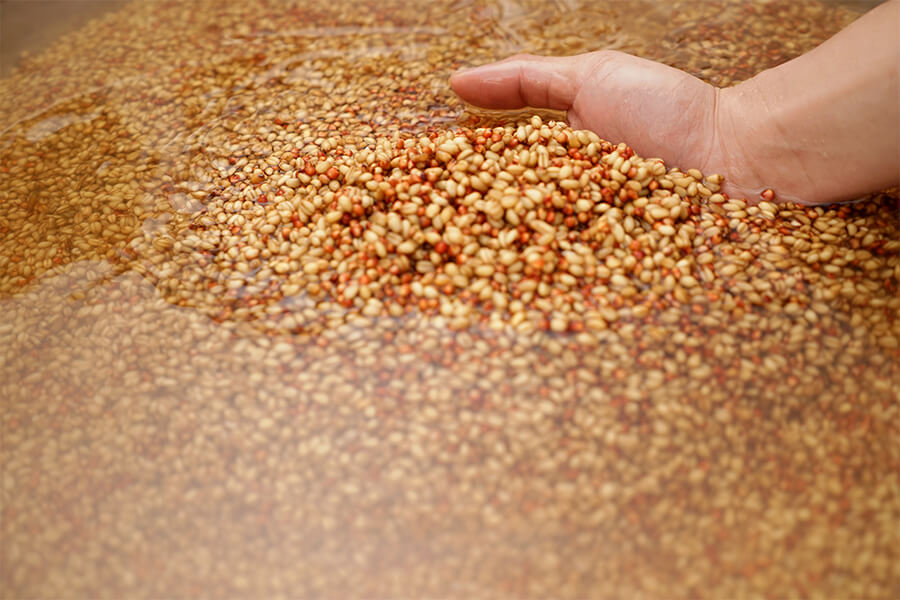
The Enigmatic Realm of Baijiu: A Journey Through China's Time-Honored Spirit Classifications
Share
Baijiu, the traditional Chinese spirit, has been around for thousands of years and is an essential part of Chinese culture. With its unique flavor profile and complex production process, baijiu is a spirit that deserves to be explored and appreciated.
But with so many different types of baijiu out there, it can be overwhelming for beginners to know where to start. That's why we've put together this handy guide to the different classifications of baijiu, so you can navigate the world of baijiu with ease and confidence.
Sauce-Aroma Baijiu The most popular type of baijiu in China, sauce-aroma baijiu is known for its rich, complex flavor profile that includes notes of soy sauce, miso, and roasted meats. Made using a combination of wheat, barley, and peas, sauce-aroma baijiu is fermented in mud pits and aged for several years to develop its distinctive flavor.
Strong-Aroma Baijiu If you're looking for a baijiu that packs a punch, look no further than strong-aroma baijiu. Made using a combination of sorghum and rice, strong-aroma baijiu is fermented in large earthenware jars and aged for several years to develop its intense, fruity flavor profile that includes notes of pineapple, banana, and anise.
Rice-Aroma Baijiu For those who prefer a lighter, more delicate baijiu, rice-aroma baijiu is the way to go. Made using glutinous rice and a special type of yeast called "jiu qu," rice-aroma baijiu is fermented and distilled multiple times to create a smooth, clean spirit with a subtle, floral aroma.
Light-Aroma Baijiu Another great option for those who prefer a lighter baijiu, light-aroma baijiu is known for its crisp, refreshing flavor profile that includes notes of green apple, pear, and mint. Made using a combination of sorghum, wheat, and barley, light-aroma baijiu is fermented in small, sealed containers and aged for a shorter period of time than other types of baijiu.
So there you have it, a beginner's guide to the wonderful world of baijiu! Whether you're a seasoned baijiu drinker or just starting out, we hope this guide has helped you better understand and appreciate the different classifications of baijiu.
Cheers, and happy baijiu-ing!
